Letter from Tbilisi
Before the nearest objects and furthest ideas,
before this universe, this life,
maybe one at a time or in groups,
maybe in a straight line or in utter chaos
enters us,
rushes into us!
What do we possess?
Perhaps this second,
this second between sleep and waking –
like an Eden
between two countries at war.from Besik Kharanauli’s The Lame Doll (1973)
(translated by Timothy Kercher and Ani Kopaliani)
Night after night, the protests swirl into one. Slogans blast through the distorted echo of plastic megaphones. Whistles are blown at such a piercing volume that my ears ring when sleep eventually comes, usually around 7 am. Blockades close the city’s main arteries and highways. Police in riot gear are deployed to each of the three main roads that lead in and out of the city. Rustaveli Avenue, the main street in Tbilisi, Georgia’s capital and largest city, has once again become the nation’s political fault line.
Continue reading for only $10 per month. Subscribe and gain full access to Australian Book Review. Already a subscriber? Sign in. If you need assistance, feel free to contact us.



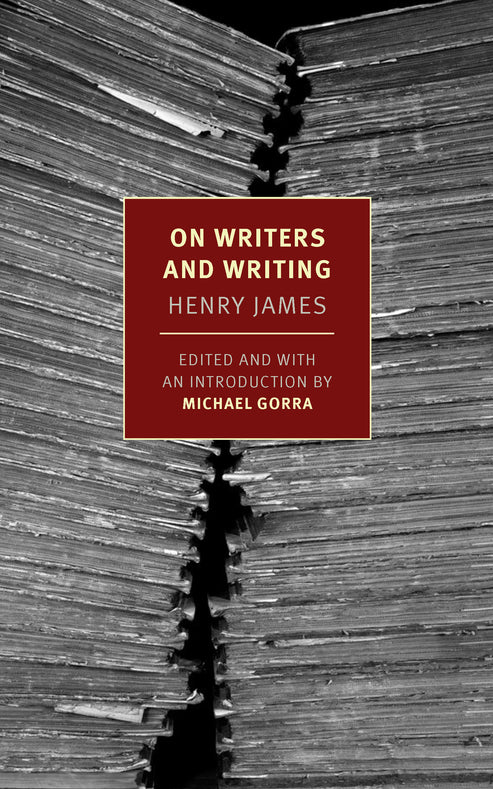
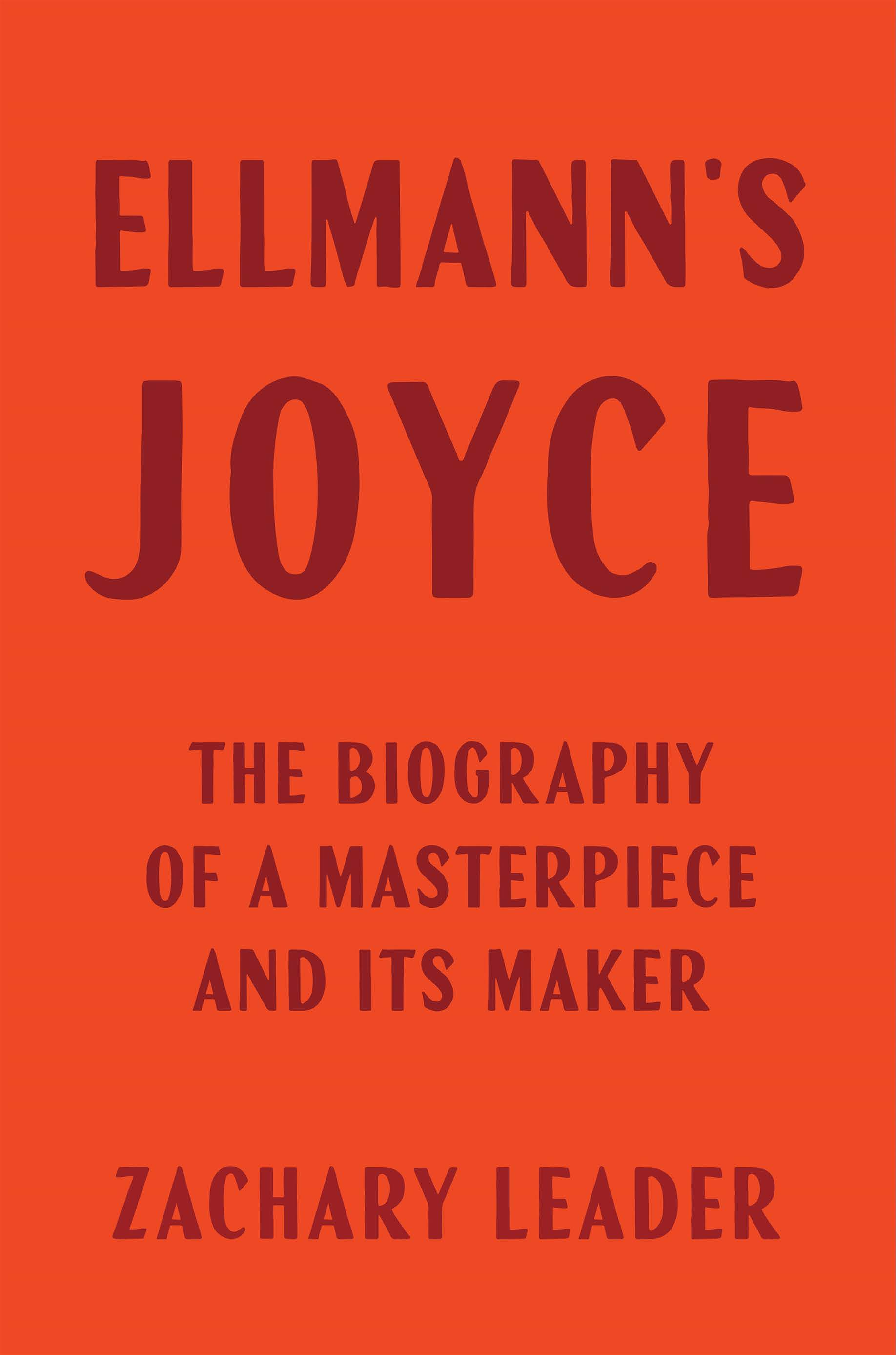

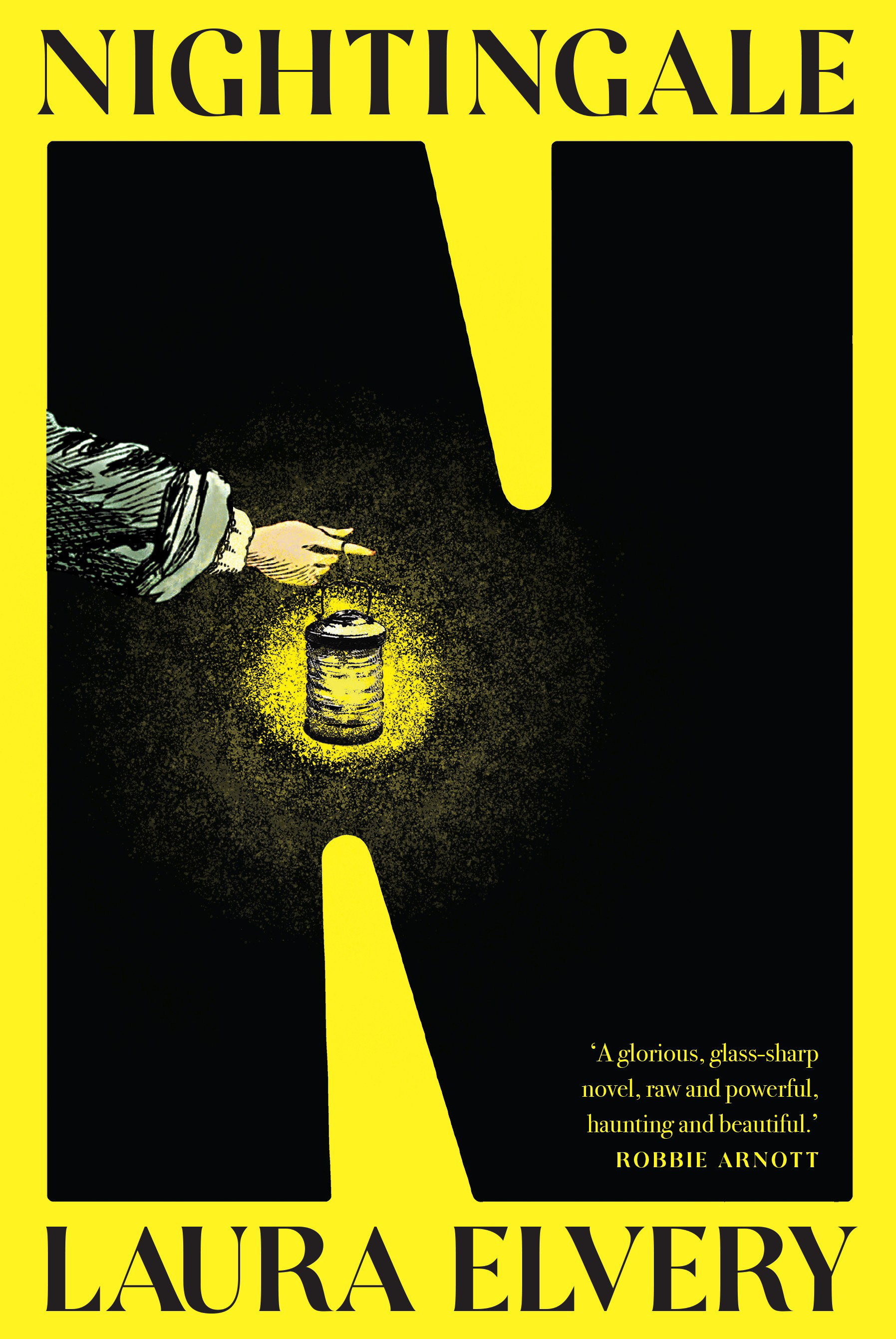

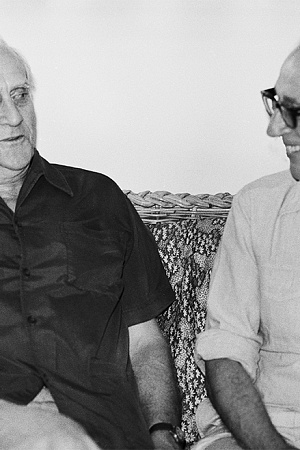

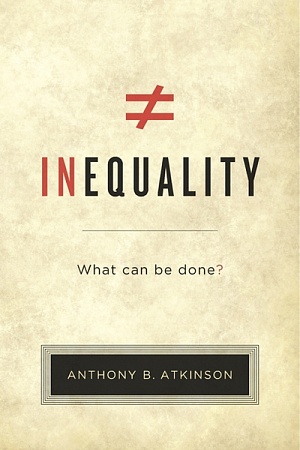




Leave a comment
If you are an ABR subscriber, you will need to sign in to post a comment.
If you have forgotten your sign in details, or if you receive an error message when trying to submit your comment, please email your comment (and the name of the article to which it relates) to ABR Comments. We will review your comment and, subject to approval, we will post it under your name.
Please note that all comments must be approved by ABR and comply with our Terms & Conditions.